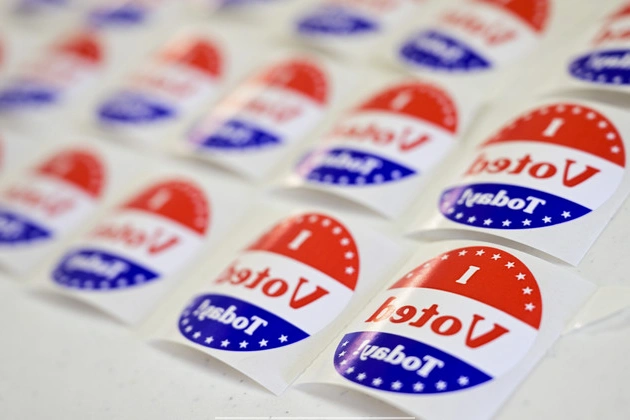
The primary election in New Jersey holds significant importance as it sets the stage for a closely contested governor race. With various prominent candidates vying for the top spot, the outcome of this primary will shape the narrative for the general election.
Competitive Races and Prominent Candidates
The race to succeed term-limited Democratic Gov. Phil Murphy has intensified with a diverse pool of candidates. In the Republican primary, Jack Ciattarelli faces off against former radio host Bill Spadea. On the Democratic side, contenders like Rep. Mikie Sherrill, Newark Mayor Ras Baraka, and others are in the running.
One of the notable aspects of this election is the high number of early voters, indicating a potentially low-turnout primary. The absence of the county line system has leveled the playing field for candidates, allowing non-traditional contenders a fair chance.
Role of Endorsements and Party Support
While county party endorsements have historically influenced primary outcomes, the shift to an office-block format has given independent candidates a fighting chance. Candidates like Sherrill and Sweeney have garnered significant support, but the impact of party endorsements remains uncertain.
The influence of endorsements in mobilizing voters and the absence of party slogans on the ballot add intrigue to the primary results. The aftermath of this election is expected to fuel discussions on the relevance of party backing in future races.
Trump’s Influence and Campaign Strategies
President Donald Trump’s involvement in the primaries has been a focal point for both Republicans and Democrats. Ciattarelli and Spadea’s alignment with Trump and their campaign strategies have shaped the narrative of the election.
While Trump’s endorsement carries weight, the candidates’ individual histories and policy positions also play a crucial role in voter perception. The outcome of the primary will reflect the effectiveness of campaign strategies and the candidates’ ability to resonate with voters.
Looking Ahead to the General Election
As New Jersey gears up for a competitive general election, the primary results will offer insights into the electorate’s preferences. The Democratic nominee’s profile will signal the party’s direction, from centrist choices to progressive candidates.
Republicans are strategizing on the most viable contender to challenge the Democratic nominee, emphasizing electability and policy alignment. The dynamics of the general election will test candidates’ appeal beyond party lines and their ability to address diverse voter concerns.
Assembly Races and Local Dynamics
Besides the gubernatorial race, the Assembly contests in New Jersey present a microcosm of local power struggles and party dynamics. Candidates without traditional party support are leveraging the new ballot format to compete effectively.
Local alliances and rivalries are shaping Assembly races, with candidates like Fulop influencing multiple districts. The outcomes of these races will not only impact the legislative landscape but also reflect the changing dynamics within the Democratic and Republican parties.











